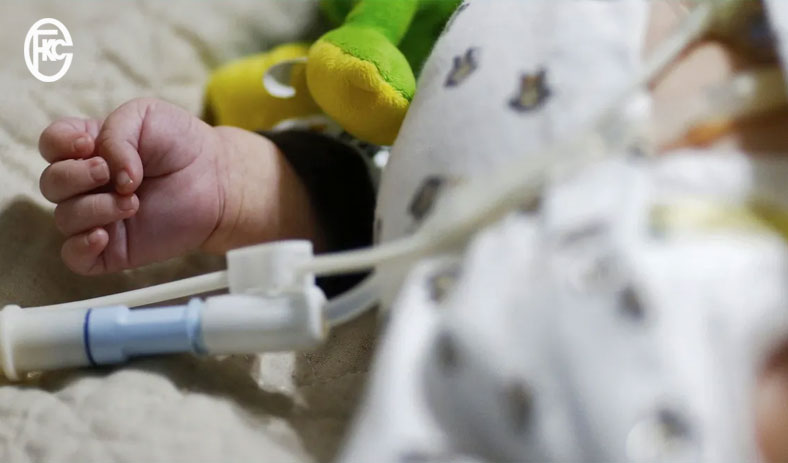
Overview:
Peritoneal dialysis is a form of renal replacement therapy that uses the peritoneum (a membrane in the abdomen) to filter waste and excess fluid from the blood. It offers several benefits over traditional hemodialysis, and here are some of them:
1. Freedom and flexibility:
Peritoneal dialysis provides patients with the ability to conduct their treatment at home. This allows for greater independence and flexibility in managing their therapy schedule.
2. Reduced travel time:
Unlike hemodialysis, which typically requires traveling to a dialysis center three times a week, peritoneal dialysis can be performed at home. This reduces the time spent on commuting and waiting at dialysis centers.
3. Continuous therapy:
Peritoneal dialysis is typically performed daily, allowing for a continuous removal of waste and excess fluid from the body. This results in a more consistent and efficient dialysis treatment.
4. Less strain on the heart:
Peritoneal dialysis is a gentler form of dialysis compared to hemodialysis. It does not require rapid removal of fluid, which puts less strain on the heart and reduces the risk of cardiac complications.
5. Higher quality of life:
Patients on peritoneal dialysis often report a higher quality of life compared to those on hemodialysis. The ability to perform the treatment at home allows for a more normal lifestyle, less disruption to daily activities, and improved emotional well-being.
6. Better preservation of residual kidney function:
Peritoneal dialysis is associated with better preservation of residual kidney function compared to hemodialysis. This can lead to improved overall kidney function and a reduced need for dialysis treatment in the long run.
7. Decreased risk of infections:
Peritoneal dialysis catheters are less prone to infections compared to hemodialysis access sites. The risk of bloodstream infections is also lower, as peritoneal dialysis does not involve direct access to the bloodstream.
8. Less dietary restrictions:
Peritoneal dialysis allows for a more liberal diet compared to hemodialysis. Patients have fewer restrictions on their fluid intake, sodium, and potassium levels, which can improve dietary satisfaction and compliance.
9. More natural fluid removal:
Peritoneal dialysis uses the body's peritoneal membrane for fluid removal, which mimics the kidneys' natural filtering process. This can result in better fluid balance and overall improved well-being.
10. Control over treatment timing:
With peritoneal dialysis, patients have control over the timing of their treatments. This can be particularly beneficial for patients with busy schedules or those who prefer to perform their dialysis during specific times of the day.
11. Less impact on blood pressure:
Peritoneal dialysis is less likely to cause significant drops in blood pressure compared to hemodialysis. This can help reduce the risk of complications associated with low blood pressure, such as dizziness and fainting.
12. Lower risk of clotting:
Peritoneal dialysis does not require external blood access, which reduces the risk of clotting in the dialysis circuit. This can help improve treatment efficiency and decrease the need for interventions to manage clotting.
13. Preservation of vascular access:
Peritoneal dialysis does not require the placement of central venous catheters or the use of arteriovenous fistulas. This helps preserve vascular access and maintains potential future options for vascular access if needed.
14. Improved sleep quality:
Peritoneal dialysis allows for more uninterrupted sleep compared to hemodialysis, as it can be performed overnight.
15. Greater patient satisfaction:
Peritoneal dialysis has been shown to have higher patient satisfaction compared to hemodialysis. The ability to perform the treatment at home, flexible scheduling, and improved quality of life contribute to higher satisfaction levels among patients using peritoneal dialysis.
Conclusion:
These benefits highlight the advantages of peritoneal dialysis as a treatment option for individuals with kidney disease. Consulting with a healthcare professional can provide more personalized information and guidance on whether peritoneal dialysis is the right choice for a specific individual.